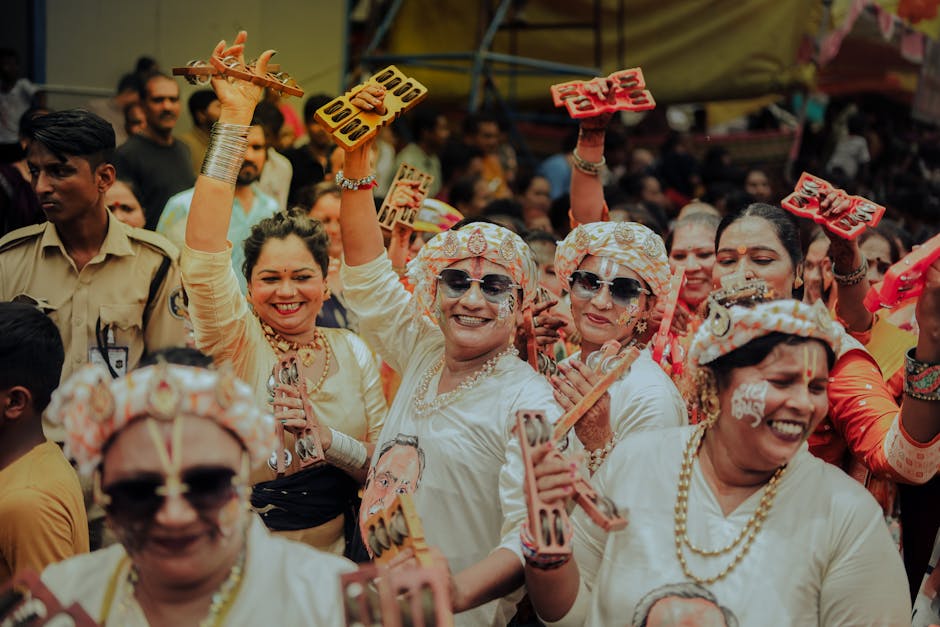
Exploring Cross-Cultural Comparisons of Folkloric Traditions, Rituals, and Festivals
Understanding cross-cultural comparisons of folkloric traditions offers valuable insights into the shared human experience and the diverse ways communities express their beliefs and values. Festivals and rituals serve as a window into the soul of a culture, showcasing its history, mythology, and social cohesion.
Traditional Rituals and Their Significance
Many cultures have developed unique folkloric rituals that are passed down through generations. For example, the Day of the Dead in Mexico is a vibrant celebration honoring deceased loved ones, while in Japan, the Obon festival celebrates ancestor spirits with dances and offerings. These rituals often serve to reinforce community bonds and preserve cultural identity.
Festivals as Cultural Expressions
Festivals such as the Carnival in Brazil or Diwali in India exemplify the colorful and lively expressions of cultural heritage. These events often involve music, dance, food, and elaborate costumes, creating a festive atmosphere that encourages participation and unity among community members.
To learn more about the vibrant aspects of these celebrations, check out our article on festivals around the world.
Common Themes and Unique Characteristics
While many folkloric traditions share common themes such as fertility, nature worship, or seasonal cycles, each culture’s interpretation and expression are unique. Comparing these traditions allows us to appreciate both the universal aspects of human spirituality and the distinctive cultural identities that shape our world.
If you're interested in exploring further, visit our page on comparative analysis of folklore and traditions.
